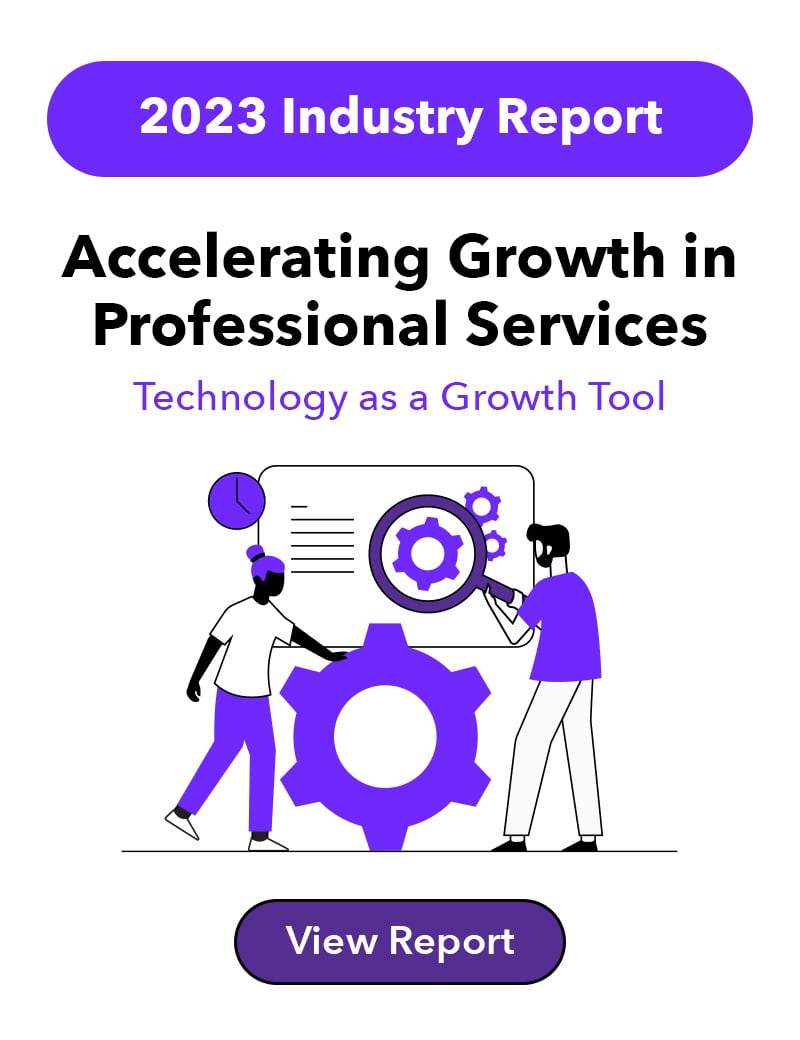In this blog, Pitchly Co-Founder and Chief Technology Officer Michael Brook shares his thoughts on why organizations need to rethink their data strategy.
I’ve worked in the data and technology space for the last 14 years. In that time, do you know what has changed about the way organizations manage their data? Almost nothing.
The problem is that companies are still using disparate spreadsheets to keep track of their sensitive business information. But it doesn’t scale, it’s difficult to keep track of the latest version, it can’t hold all the things you need it to (like files), and it doesn’t offer finely-grained-enough permissions to keep your data safe and resistant to human error.
Even if you use a cloud service to manage your spreadsheet, like Google Sheets, this only solves the collaboration and versioning issues. It doesn’t solve any of the other problems with spreadsheets, like keeping that one guy at your company from ruining the whole thing.
On the other end of the spectrum, you have proper databases, like SQL Server, Access, maybe even MongoDB. But the problem with these is that these were made for IT to use, not for everyday people. Most of your employees are not equipped to write SQL queries, and there’s no good way to share information from those databases without a middleman to either export it out (into, again, another spreadsheet), or by investing the money to have a development team create a custom interface for your data.
On the third and final leg of this three-legged tent, you have cloud software, like Salesforce, Zoho, Hubspot, etc. Almost every company that has been buying software over the last decade has become intimately familiar with “platform fatigue.” The problem with cloud software generally is that a lot of it doesn’t scale. It was made for a single purpose, and the moment your company needs something outside of the scope of this software, the software either must deliver it (making it clunkier and harder to use) or you must move to new software. The second problem with cloud software is that it worsens the “data silo” problem. Now, by using a new piece of software to do a certain task, you’ve created yet another incommunicable silo of data that is difficult to get information out of, which limits your ability to make it work with other applications across the company. All of this adds up to increasing cost and diminishing value, leading to the phenomenon we now know as “platform fatigue.”
The Future: Data Enablement
Companies are reaching a breaking point with how they manage data and buy software because the current model doesn’t scale. And now, it is more important than ever to work efficiently with the technology we have available to us in order to keep the economy moving and continue to generate revenue with less financial resources.
There is absolutely no reason, in today’s day and age, that we should still be using technology from the early 1990s and earlier to solve problems that are new to us today, and have grown worse over the last decade.
Much like the healthcare industry’s answer to the rise of disease is CRISPR, companies need a new and innovative approach to scaling their data strategy and buying/implementing new software for their employees, so they can continue to grow efficiently and scalably.
Pitchly is that software. Our data enablement platform brings together all of your data into a single workspace. We help you make the most of the data you already have, save you time by automating tedious tasks, and give you the insight you need to scale your business.
 Apr 23, 2020
Apr 23, 2020




